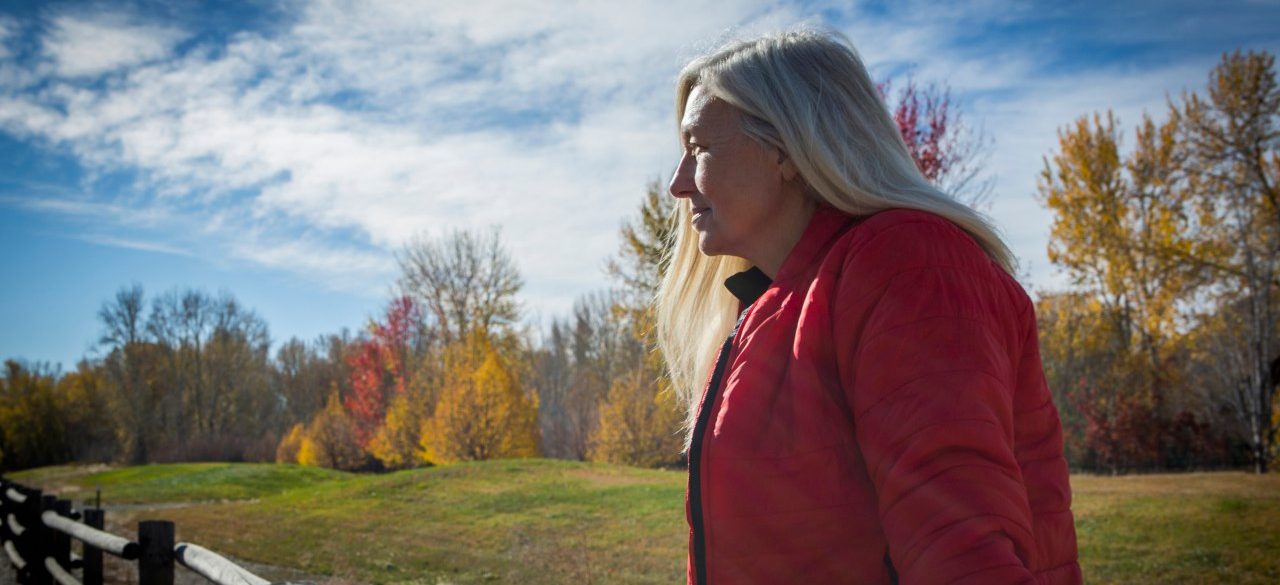February 28, 2018
Depression and Pain as Women Age

Most people begin to experience increases in pain as they get older. Cardiac and respiratory issues, joint stiffness, and decreasing flexibility and balance are just a few of the problems that increase with age that can cause persistent pain.
YOU MIGHT ALSO LIKE: Major Life Stress Is Harder on Women
While pain is the end product of these conditions, it also has an impact on our psychological health. Of particular note is the association with depression, which frequently accompanies persistent pain. As women are particularly susceptible to depression, there are some important questions to ask concerning women over 50 who are entering an age period where they are at risk for chronic disorders that can lead to clinically significant pain. Two issues stand out:
- Does an increase in pain in women over 50 mean women also will have more depression as they age forward?
- Does receiving treatment for depression help not only with the depressed feelings but also with the experience of pain?
A recent European study investigated gender differences in pain and depression. The study followed 22,000 participants over age 50 who were interviewed about their depression and pain, and then interviewed again two years later. The study found that depression alone, pain alone, and depression with pain were all more common in women than men. However, two very encouraging results highlighted the impact of depression treatment on pain. Women who received treatment for depression at baseline (preceding the two-year follow-up) were less likely to develop pain, and that treatment also protected women over 50 from pain persistence two years later.
Four important implications stand out.
First, women over 50 should be aware of the symptoms of depression, which can include the following (symptoms vary across individuals):
- Sleep problems (too much or not enough)
- Changes in eating habits (increased or decreased appetite, which may lead to weight gain or loss)
- Feelings of sadness or weepiness
- Decreased desire or avoidance of activities or people you normally enjoy
- Lack of motivation and concentration
- Feelings of emptiness or worthlessness
A second and subtler point is that women should know that depression is not a part of growing older and should be taken seriously. In older adults, symptoms may be different or less obvious, such as memory difficulties, or more of a desire to stay home rather than going out to socialize or do new things. And physical aches and pains may be a more common sign of depression in older adults as well.
Although it may sound like a statement of the obvious, it is critical for women over 50 to seek help when feeling depressed, as the reality is that many depressed women do not in fact get the interventions that will be of benefit to them. Getting the treatment process started in the early stages of depression is especially important because it can take some time. For example, most medications for depression take four to six weeks to achieve full efficacy. Likewise, psychological counseling or therapy may take multiple sessions for a comfortable rapport to develop between doctor and patient. Regardless, the message seems strong and clear: speak to a professional about getting medication for depression and doing some type of talking therapy if you are feeling depressive symptoms for more than a few weeks. You can seek help from a mental health specialist or a primary care physician, who can provide a referral to a psychiatrist or psychological counselor.
Finally, being mindful of the co-occurrence of pain and depression can help women over 50 become more proactive about their overall management of their health. Pain may in fact be a direct, or indirect, signal that a woman is depressed. Raising this possibility with a health care professional when being evaluated for pain may help women alleviate both pain and depression over time.


